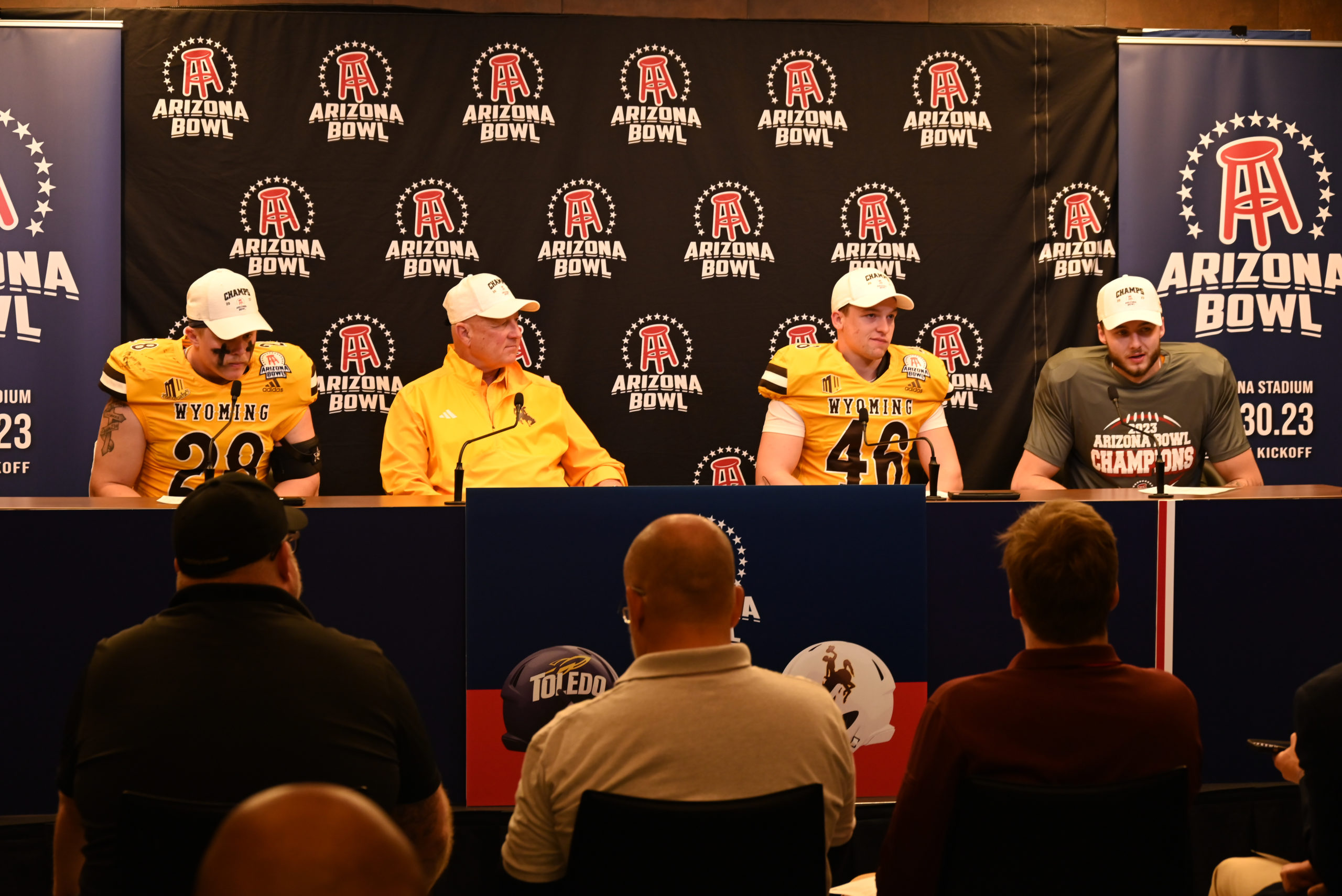It’s no big secret or news that the United States is a secular country. The separation of church in state is an aspect of government which everyone living here has grown up knowing, (whether or not they like it.)
What isn’t realized as widely about our political system is that it thrives on conflict.
Secular organizations oftentimes point towards that fact that because “In God We Trust” is on our money and “One Nation under God” is part of our pledge of allegiance the United States government actually favors the Judeo-Christian religions.
All the while, religious groups decry the fact that because both Creationism and classroom prayer is banned from our public schools, the United States is actually waging an ideological “war” on religion.
Neither of these mindsets are true, nor even relevant to political culture.
Viewing the often heated debate over the role religion should play in government as a surprising or bad thing simply does not make sense.
At least not if one understands the way in which the U.S. government was set up to function.
The Constitution was framed in such a way that no one should really be able to enact substantial change quickly. No one faction of society, even should they manage to inundate all three of the branches of government, would be able to subjugate the other demographics of our population.
It’s exactly for this reason that I’ve come to view pushes to remove the word “God” from currency or to allow Creationism to be taught in public schools more so a an important facet of our cultural landscape rather than the passionate attempts of polarized groups of people to make laws which back up their ideologies.
In December of 2007, the Pew Forum hosted their biannual conference on religion, politics and public life. The event featured speakers from all over the country who gathered to discuss research and generally extrapolate on what in fact is the impact and role of religion/secularism in the U.S.
One of the speakers was distinguished professor of intellectual history, Wilfred McClay.
“People from abroad look at the American government and think it’s always on the brink of collapse,” said McClay during his lecture. “They don’t understand, and many of us don’t understand, that this is, in fact, the way it’s supposed to work.
There are supposed to be countervailing forces holding one another in check. There is supposed to be common and constant tension.”
What Mr. McClay was getting at is exactly the same thing I have come to realize in recent years, albeit his words are far more cogent and explanatory than mine could ever be.
Essentially the best way to view the debate over the separation of church and state is to avoid categorizing it as a detrimental disagreement which stalls social development. Rather, the butting of heads represents the best means our governmental system has for producing the cultural atmosphere which represents our society at any given time.
What this means is that the United States’ current mindset towards religion and politics stems not from a grand vision which the Founding Fathers used when outlining the parameters of the Constitution, but instead is the result of our shared experience as a country.
The historical precedents which dictate many of the laws and political ideologies which we now have stem from a retroactive and responsive system of government. One that is shaped by, rather than shapes, our society.
So the next time I read a news article concerning a lawsuit over some piece of legislation which passed in a Southern State (it’s always the Southern States, isn’t it?) allowing for public grade school children to learn about Genesis in their science class, I won’t view it as a maddening backslide into antiquity. I will simply note that this debate is one which is merely an extension of our culture and society.


